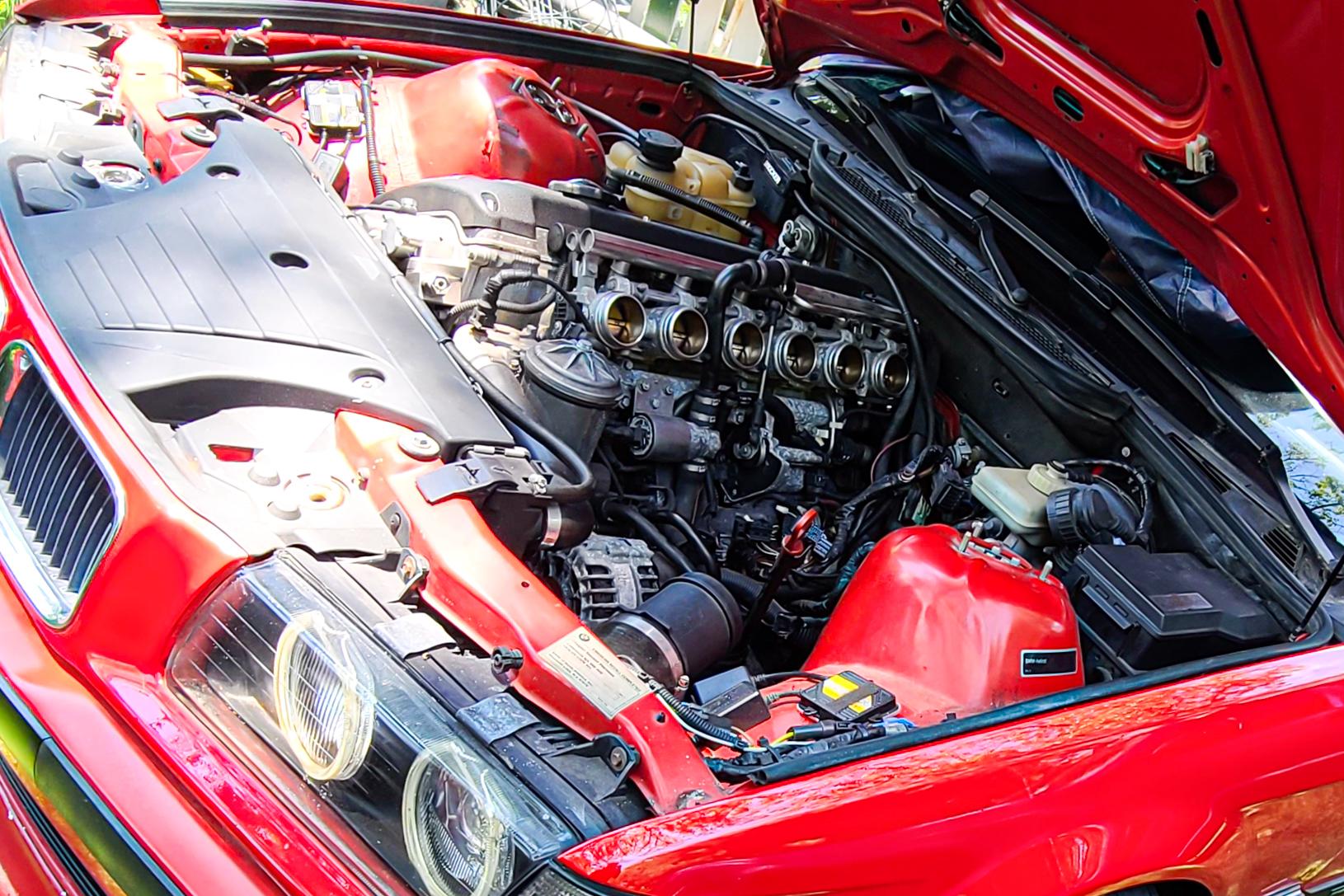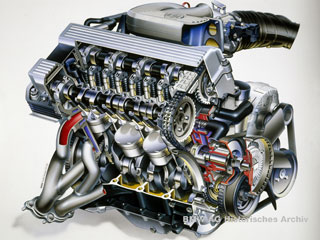Upgrading Your BMW 318ti: Top Mods and Enhancements
Upgrading Your BMW 318ti: Top Mods and Enhancements
Blog Article
Important Factors To Consider for Selecting the Finest Engine for Your Needs
In the realm of choosing the excellent engine to satisfy your requirements, a number of crucial variables need precise factor to consider to make sure optimum performance and performance. From the nuanced equilibrium between power and efficiency to the often-overlooked aspects of maintenance and solution demands, each facet plays a critical role in figuring out the most ideal engine for your certain needs. As the complexity of engine technologies proceeds to advance, discerning one of the most fitting choice demands a deep understanding of the interaction between different factors to consider. By exploring the elaborate internet of variables that underpin this decision-making process, a clearer path emerges towards choosing an engine that not just fulfills but surpasses your expectations.
Power and Performance
When evaluating engines for ideal performance, it is critical to prioritize both power outcome and performance. Efficiency refers to exactly how well the engine transforms gas right into usable energy. By very carefully evaluating both power and efficiency, you can select an engine that supplies optimum performance and meets your demands successfully.
Gas Efficiency and Economy
Gas efficiency refers to the engine's ability to transform gas right into power with very little waste, directly impacting operating prices and environmental sustainability. Engines with higher gas effectiveness not only lower fuel expenses but additionally reduce carbon discharges, adding to a greener operation.

Compatibility and Application
Thinking about the gas effectiveness and economic climate of an engine, the following important element to address is its compatibility and application within specific operational contexts. Compatibility refers to how well the engine incorporates with the total system or equipment it powers. It includes aspects such as physical measurements, mounting alternatives, electrical interfaces, and control systems. Making certain compatibility is necessary to protect against problems such as getting too hot, vibrations, or power inequalities (bmw 318ti).
In addition, the application of the engine is just as crucial. Different engines are created for particular purposes, whether it be commercial equipment, marine vessels, autos, or power generators. Recognizing the intended application enables the selection of an engine that can supply the required power outcome, torque, and operational characteristics. A high-revving engine designed for performance cars would certainly not be appropriate for durable building and construction devices that needs high torque at reduced rates.
Upkeep and Solution Requirements
Maintenance and solution requirements play an essential duty in making sure the longevity and optimum performance of an engine. Normal upkeep is important to avoid failures, extend the lifespan of the engine, and preserve its effectiveness. When picking an engine, it is necessary to think about the maker's advised upkeep schedule and the availability of service centers or qualified service technicians.
Variables such as the regularity of oil changes, filter replacements, and overall evaluations can substantially influence the engine's efficiency. Some engines might call for even more regular maintenance based upon their layout and use, while others might have longer periods in between upkeep checks. It is crucial to stick to these service demands to prevent expensive repair work and unforeseen downtime.

Cost and Spending Plan Factors To Consider
When choosing an engine for a particular application,Spending plan restrictions often play a considerable role in the decision-making procedure. When considering the price and budget plan useful content effects of selecting an engine, it is vital to analyze not only the first purchase cost but likewise the long-term costs linked with maintenance, gas consumption, and possible upgrades or repairs. It is vital to strike a balance between the upfront price of the engine and its overall lifecycle expenses to make certain that the chosen engine stays financially sustainable throughout its functional life-span.
Elements such as gas efficiency, dependability, and longevity can directly affect the overall expense of possession of an engine. While an extra pricey engine might have higher upfront costs, it could potentially lead to lower maintenance and fuel costs gradually, hence supplying far better worth over time. Additionally, considering the accessibility Read More Here and expense of spare parts, in addition to the simplicity of upkeep and solution, can assist prevent unanticipated economic pressure in the future. By carefully evaluating these cost and budget considerations, you can make an educated choice that lines up with your financial constraints and functional needs.
Conclusion

Fuel effectiveness refers to the engine's capacity to transform fuel into power with minimal waste, directly affecting operating prices and environmental sustainability.Elements affecting gas efficiency include engine style, burning performance, and overall performance optimization. Furthermore, picking the appropriate fuel type and grade as suggested by the engine supplier can further enhance effectiveness and extend engine life-span.
Engines with excellent utility features and readily available parts can decrease upkeep expenses and lessen the time the engine is out of procedure - bmw 318ti. It is crucial to strike a balance between the upfront cost of the engine and its overall lifecycle costs to guarantee that the chosen engine remains financially lasting throughout its operational lifespan
Report this page